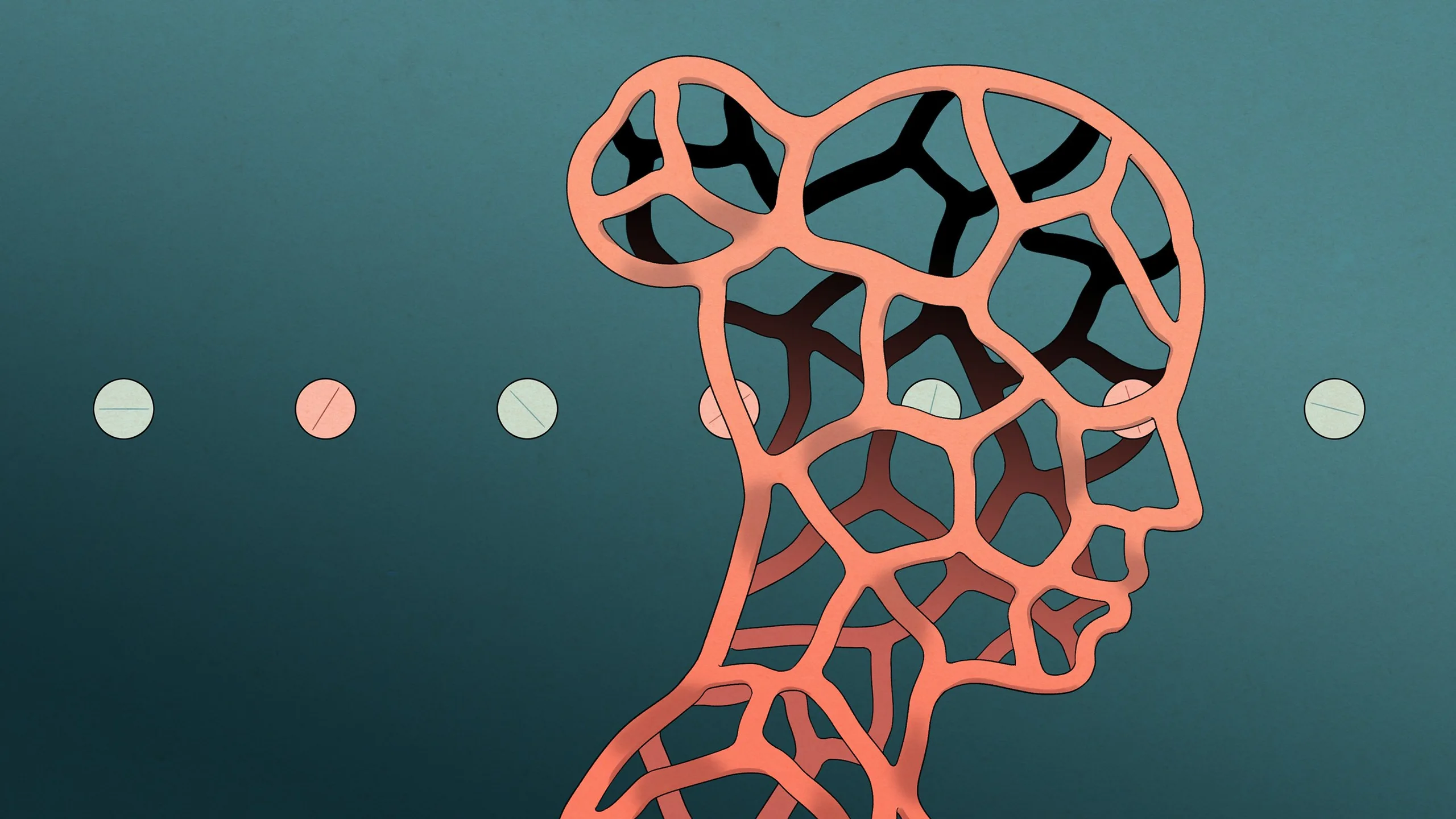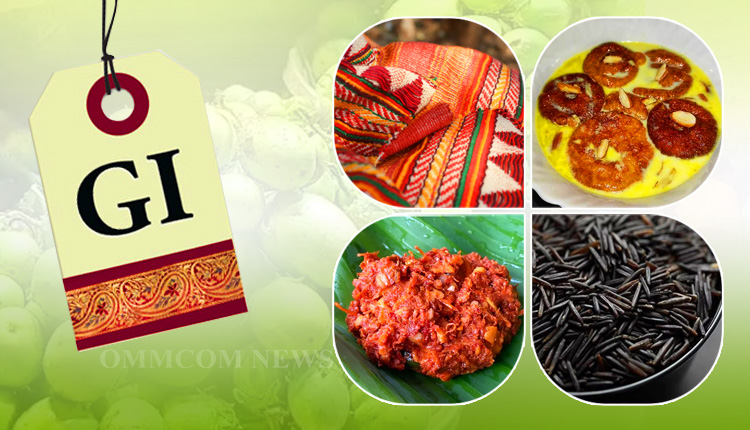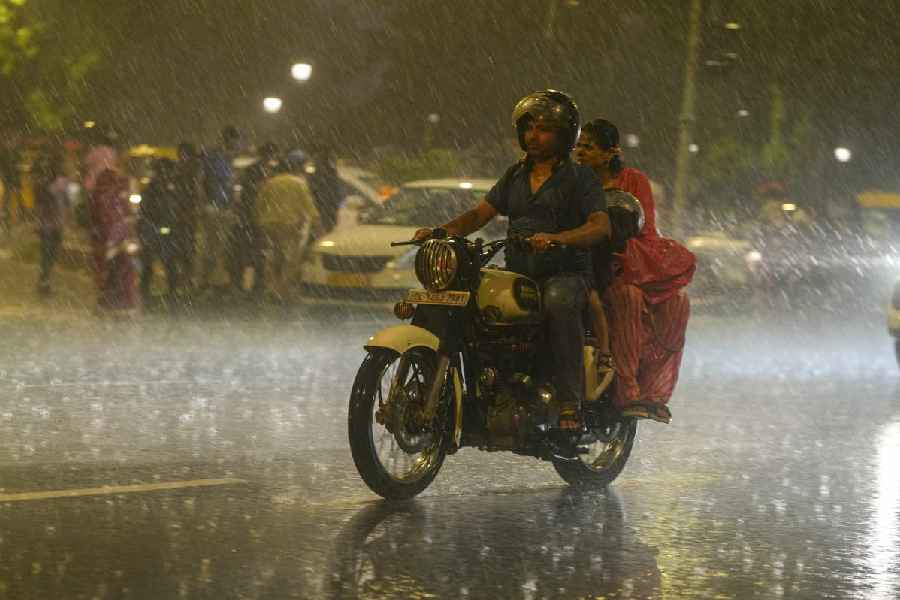- Courses
- GS Full Course 1 Year
- GS Full Course 2 Year
- GS Full Course 3 Year
- GS Full Course Till Selection
- Answer Alpha: Mains 2025 Mentorship
- MEP (Mains Enrichment Programme) Data, Facts
- Essay Target – 150+ Marks
- Online Program
- GS Recorded Course
- Polity
- Geography
- Economy
- Ancient, Medieval and Art & Culture AMAC
- Modern India, Post Independence & World History
- Environment
- Governance
- Science & Technology
- International Relations and Internal Security
- Disaster Management
- Ethics
- NCERT Current Affairs
- Indian Society and Social Issue
- NCERT- Science and Technology
- NCERT - Geography
- NCERT - Ancient History
- NCERT- World History
- NCERT Modern History
- CSAT
- 5 LAYERED ARJUNA Mentorship
- Public Administration Optional
- ABOUT US
- OUR TOPPERS
- TEST SERIES
- FREE STUDY MATERIAL
- VIDEOS
- CONTACT US
INDIA'S 1ST NATIONAL HIGHWAY STEEL SLAG ROAD
INDIA'S 1ST NATIONAL HIGHWAY STEEL SLAG ROAD
19-02-2024
- In January 2024, the 1st National Highway (NH) steel slag road section on NH-66 Mumbai-Goa was inaugurated.
- The technology behind this road is developed by the Council of Scientific and Industrial Research-Central Road Research Institute (CSIR-CRRI).
- JSW Steel constructed a 1 km long four-lane steel slag road section. Around 80,000 tons of CONARC Steel slag were converted into processed steel slag aggregates (mass) for this project.
- The CONARC steelmaking process is a steel-making practice that combines electrode arc melting and oxygen steelmaking. It uses electrical and chemical energy to melt and decarburize in separate shells.
- The CONARC process uses a raw material feed mix that consists of: 60% hot metal from iron making units like blast furnaces, 38% solid charge, 2% steel scrap
- Processed steel slag aggregates surpass natural aggregates in various mechanical properties and are used in all road layers instead of natural aggregates.
- CSIR-CRRI has implemented steel slag in road construction projects in Gujarat, Jharkhand, and Arunachal Pradesh. Notable, in 2022, Surat got the country's 1st steel slag road at Hazira.
- The Border Roads Organization (BRO) has also built a steel slag road in Arunachal Pradesh.
-
Benefits of Processed Steel Slag in Road Construction:
- This development supports the ‘Waste to Wealth’ initiative.
-
- This mission will identify, develop, and deploy technologies to treat waste to generate energy, recycle materials, and extract worth.
- It is one of the nine national missions of the Prime Minister’s Science, Technology, and Innovation Advisory Council (PM-STIAC).
-
- It signifies a crucial step towards sustainable, cost-effective, and eco-friendly highway construction in India.
- It addresses environmental degradation caused by waste steel slag and unsustainable mining and quarrying (process of extracting minerals and natural resources from the earth's surface) of natural aggregates.
- The bituminous steel slag road on NH-66 requires 28% less thickness compared to conventional bituminous roads.
- These roads are approximately 32% more cost-effective than conventional roads and exhibit better durability.
WORLD'S 2ND LARGEST PRODUCER OF STEEL: INDIA
Recent Initiatives for Steel Sector Growth
|



